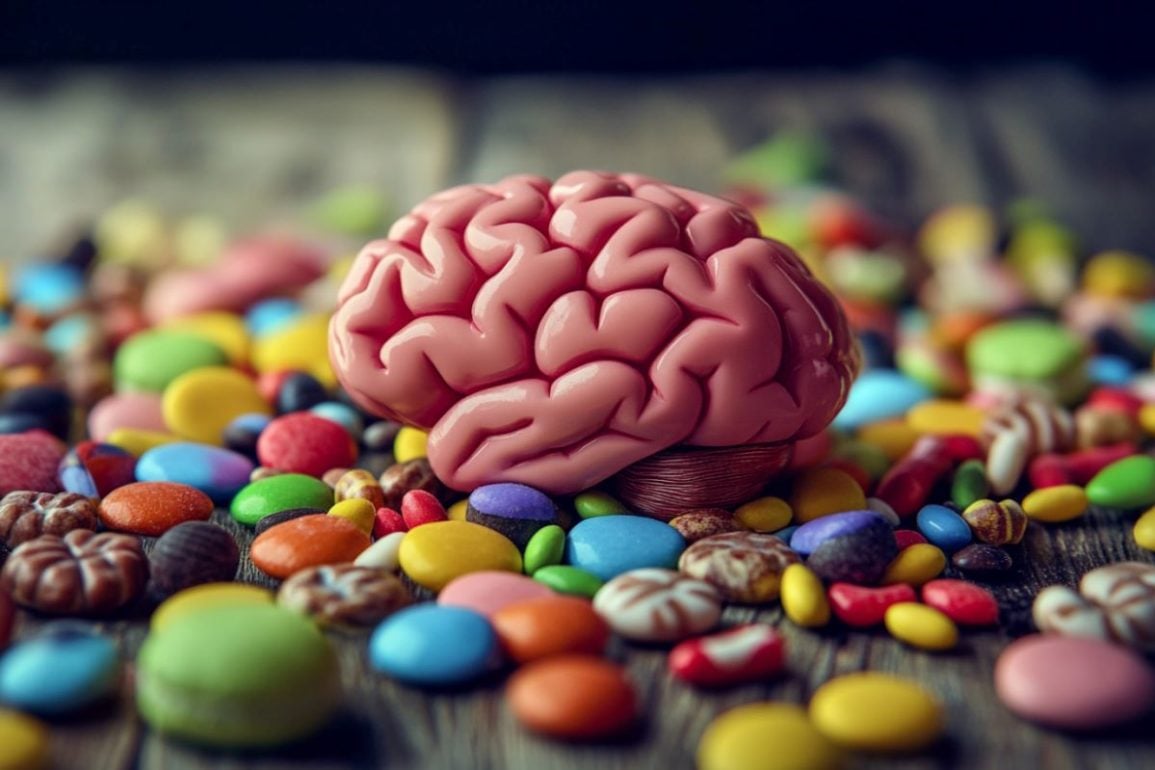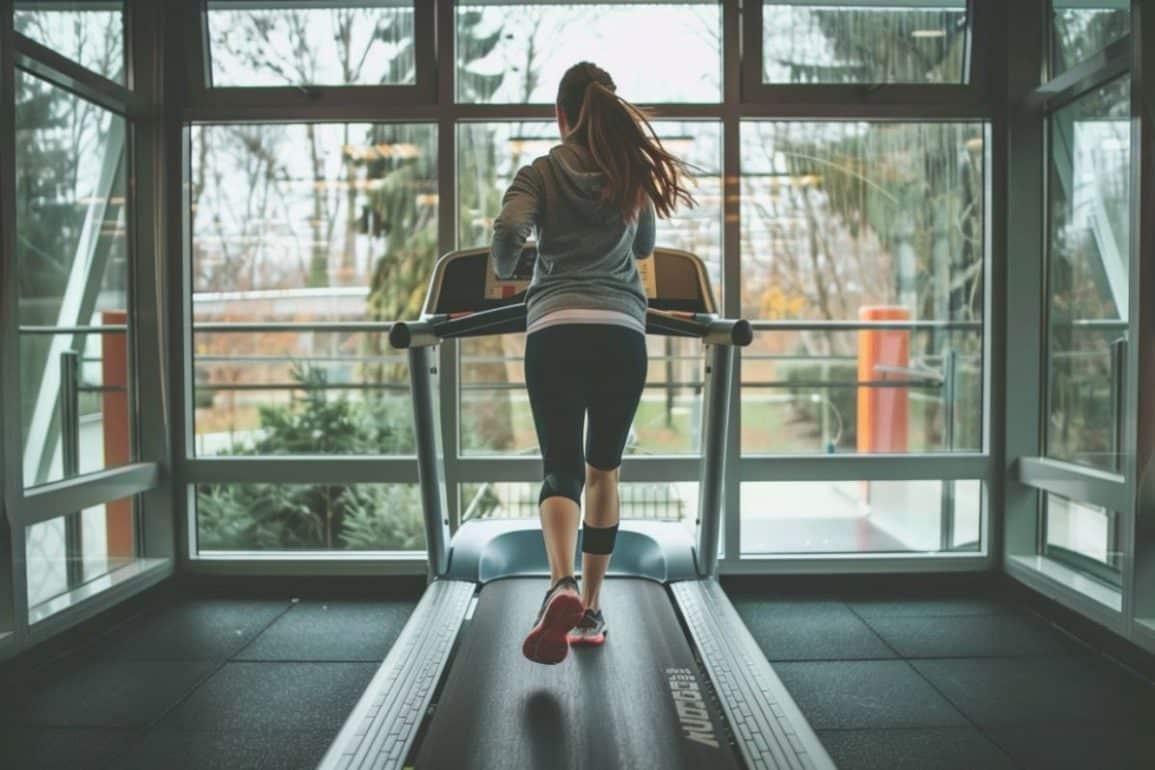
Researchers have identified orexin, a brain chemical, as crucial in deciding between exercising and indulging in treats. In experiments with mice, those with an intact orexin system were more inclined to exercise rather than consume a tempting milkshake. This discovery could offer insights into developing strategies for combating obesity and promoting physical activity in humans. Understanding orexin's influence on decision-making between physical activity and food consumption may pave the way for effective interventions targeting sedentary lifestyles.
 A new study reveals that certain muscle proteins activated during exercise can increase the desire to stay active, shedding light on a muscle-brain signaling pathway. The research suggests that this mechanism could play a crucial role in promoting regular physical activity, particularly in treating obesity and metabolic diseases. The findings also hint at the potential for developing targeted therapies to encourage exercise in those less inclined to do so.
A new study reveals that certain muscle proteins activated during exercise can increase the desire to stay active, shedding light on a muscle-brain signaling pathway. The research suggests that this mechanism could play a crucial role in promoting regular physical activity, particularly in treating obesity and metabolic diseases. The findings also hint at the potential for developing targeted therapies to encourage exercise in those less inclined to do so. 


